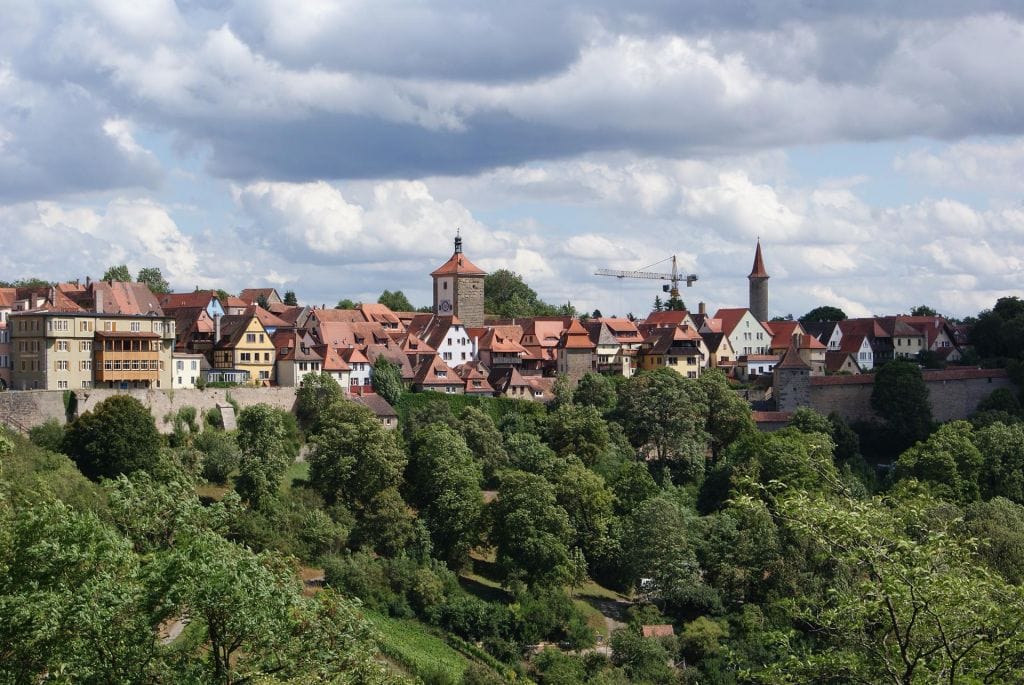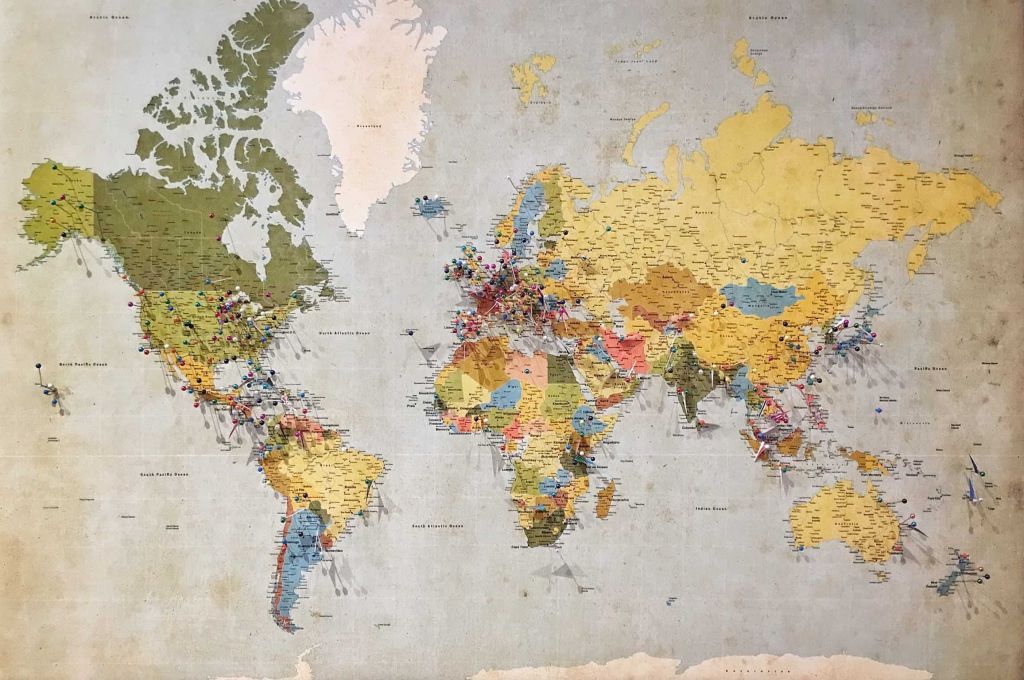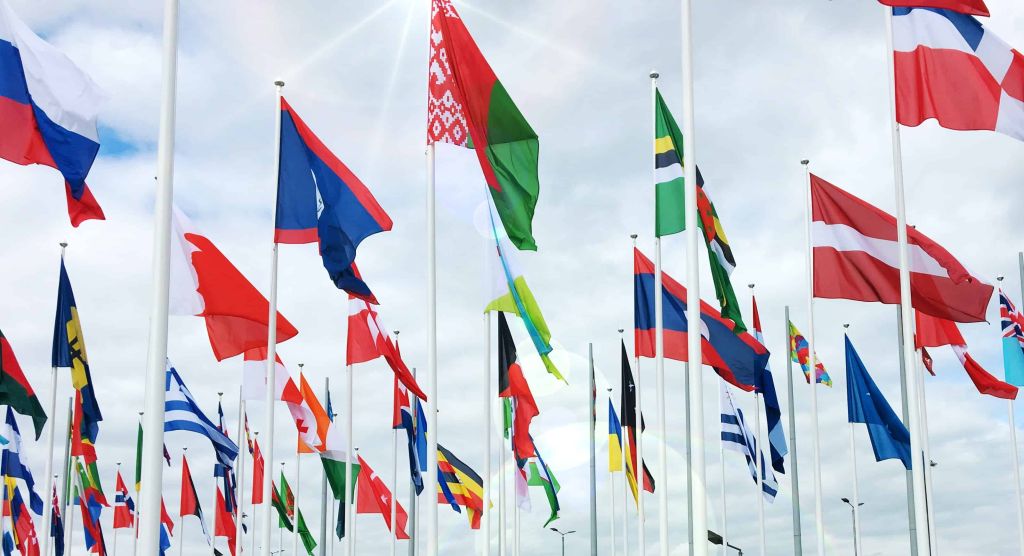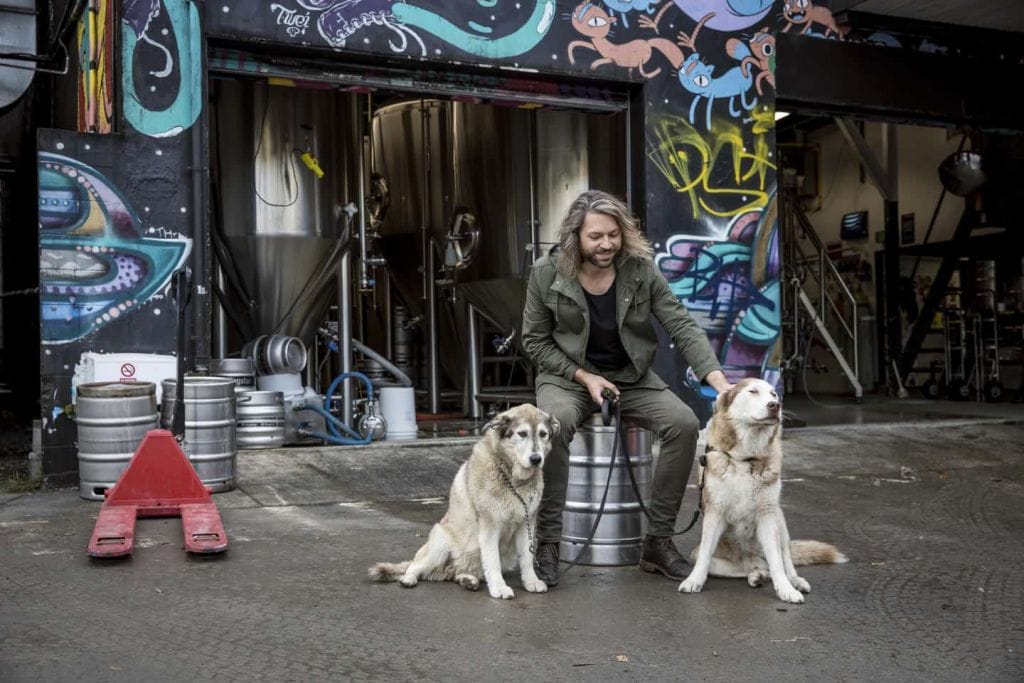Sinovac banned countries have caused some concern. The worry is that travellers may not be able to enter a country or be subject to quarantine and additional Covid-19 testing upon arrival. On April 14, 2022, the Ministry of Health (MOH) announced that Malaysians vaccinated with Sinovac or Sinopharm can apply for a second booster to fulfil travel requirements of countries that do not recognise this vaccines.
The second booster provided will be from Pfizer, said health minister Khairy Jamaluddin. Authorities did not expect Malaysians to face travel restrictions when they decided to offer the Sinovac vaccine. “In order to help those who are facing difficulties when entering EU countries, we will offer them Pfizer, as a booster shot upon request. Individuals who want to go to those countries can get a second booster after at least one month from the first booster to fulfil travel requirements,” he said.

Updated AUGUST 31, 2022: Countries that Do and don’t recognise Sinovac
The EU accepts vaccination certificates that prove that the holder has been fully vaccinated with one of the vaccines approved by the European Medicines Agency (EMA). Malaysian travellers should look at the individual EU member country’s requirements, rather than whether the EU as a whole recognises their vaccine. To make things easier, especially if you plan on moving around the EU, use a travel agency like Holiday Tours to check if your vaccine is recognised by each country.
EMA-approved vaccines are: Pfizer-BioNTech, Novavax, Moderna, AstraZeneca-Oxford, and Johnson & Johnson. Sinovac, Sinopharm and CoronaVac are not on this list. Earlier this year, we reported that EU countries such as Germany were not admitting Malaysians travelling into the country for non-essential reasons if they have been vaccinated with Sinovac or Sinopharm. At that point, these countries considered those vaccinated / boosted with Sinovac or Sinopharm as unvaccinated and these travellers were denied entry or made to quarantine and undergo Covid-19 testing upon arrival.
Fortunately things have changed rapidly and many EU countries including Germany have decided to recognise WHO’s list of approved vaccines. This means that Sinovac, Sinopharm or CoronaVac (from Chinese manufacturers) or Covaxin (from an Indian manufacturer) are accepted as proof of vaccination.
Here is an updated list of Sinovac banned countries, Sinovac approved countries, and countries using the Sinovac vaccine as of June 17, 2022. We also explain the difference between using a vaccine and recognising it.



Sinovac banned countries
Let’s take a look at Sinovac banned countries.
- France – Generally accepts vaccines approved by the European Medicines Agency (EMA) but people who have received other vaccines (e.g., Sinovac) are still counted as being fully vaccinated on certain additional conditions:
-
- 28 days after receiving one dose of Janssen vaccine,
- 7 days after a second dose of other vaccines approved by the EMA (namely Pfizer/Comirnaty, Moderna, AstraZeneca/Vaxzevria/Covishield),
- 7 days after receiving an additional dose of a duly approved mRNA vaccine for persons who have received all the required doses of a WHO-licensed vaccine not approved by the EMA (such as Sinovac and Sinopharm). Moderna of Pfizer are examples of mRNA vaccines (see below).
- As of 1 August 2022, the rules previously applied to travellers arriving into France are no longer enforced:
- Travellers no longer have any formalities to complete before arriving into mainland or overseas France, and the COVID certificate can no longer be requested, irrespective of the country or area of origin;
- Proof of a compelling reason for travel can no longer be requested;
- Travellers no longer need to present a sworn declaration that they are not infected with COVID-19 and pledge to take an antigen test or biological exam upon arrival into France.
- This also applies to travel between mainland France and each of the overseas territories.
- Luxembourg – As of April 22, 2022, Luxembourg authorities recognise the Malaysian vaccination certificate but the country still does not recognise Sinovac.
- Japan – The Land of the Rising Sun has yet to recognise Sinovac or Sinopharm as of June 17, 2022. Go here for a list of vaccines that are recognised in Japan.



List of Sinovac Approved Countries – Updated as of AUGUST 31, 2022



Let’s take a look at Sinovac approved countries around the world. This is a long and fast-growing list as an increasing number of countries are relaxing travel restrictions imposed on travellers:
- Albania
- Argentina
- Austria
- Bangladesh
- Belgium
- Bulgaria – Started recognising Sinovac as of May 2, 2022.
- Brazil
- Cambodia
- Colombia
- Czech Republic – Started recognising WHO-approved vaccines since August 2021.
- Denmark
- Egypt
- Finland
- Georgia
- Germany – As of June 1, 2022, most travellers entering Germany no longer have to show that they have been vaccinated against Covid-19, have recovered or have tested negative. However, travellers entering the country for tourism will still need to provide proof of their vaccination status.
- Greece
- Hungary
- Iceland
- Indonesia
- Ireland
- Italy – Travellers are able to enter Italy without testing, regardless of whether they have been vaccinated or not. Previously, non-vaccinated travellers had to produce proof of recovery from Covid-19 within the last 180 days or a negative test. Until May, they had to quarantine for five days. Since June 1, the Covid-19 entry regulations have been dropped. Everyone can enter Italy now, and arrivals no longer have to show vaccination status, meaning that the quarantine requirement for the unvaccinated no longer exists.
- Kazakhstan
- Lithuania – Starting May 1, 2022, all travellers will be permitted restriction-free entry even if they do not hold a valid vaccination, recovery, or test certificate.
- Laos
- Latvia
- Malta – From February 24, 2022, Malta started recognising WHO-approved vaccines even if not approved by the EMA, as long as the traveller’s vaccination certificate is recognised and a negative PCR test is presented upon arrival.
- Netherlands
- Norway
- Pakistan
- Philippines
- Poland
- Romania
- Singapore
- Slovenia
- South Africa
- Spain
- Sri Lanka
- Sweden
- Switzerland
- Thailand
- Tunisia
- Turkey
- Ukraine
- USA
A Rapidly Changing Situation



Concern over Sinovac banned countries in the world started in early 2022 (most of us know the CoronaVac vaccine by its manufacturer’s name, Sinovac Biotech Ltd and we refer to this vaccine as Sinovac as that is more familiar). The reluctance to recognise this vaccine is largely due to findings that suggest it does not provide sufficient protection against the Covid-19 virus.
Sinovac, a WHO-approved vaccine, is among the seven vaccines approved for use in Malaysia. It is also widely used in other Asian countries such as Singapore, Thailand and Indonesia.
Sinovac in Singapore: The Research



In Singapore, the National Centre for Infectious Diseases (NCID) has found that people who received two doses of the Sinovac vaccine were more likely to develop severe disease from Covid-19 than those who received two shots of the mRNA-based Pfizer-BioNTech or Moderna vaccines. “This supports the need for three doses of Sinovac-CoronaVac vaccine as a primary series,” said a report by the NCID on December 15, 2021.
Researchers found that the Sinovac vaccine was 60% effective against severe disease, compared with 90% for the Pfizer vaccine and 97% for Moderna. In other words, people who took the Sinovac vaccine were more likely to require supplemental oxygen and intensive care, and also more likely to die from the coronavirus. This study focused on the Delta variant—which was then the dominant strain in Singapore—and accounted for differences in age, gender, race, housing type and the daily differences in infection rate.
In June 2022, Sinovac Biotech Ltd was reported to be opening a vaccine research facility and a global headquarters in Singapore. Plans include a centre to develop shots against Covid-19 and severe hand, foot and mouth disease, which may be operational within the next few months.
Countries that have completely removed Covid-19 travel restrictions



Following the improvement of the Covid-19 situation and the high vaccination rates, several EU countries have already lifted all their entry rules for all travellers. This means that non-EU travellers are not required to present a valid COVID Pass – a vaccination, recovery, or test certificate. Travellers from third countries such as Malaysia as well as those travelling within the EU are no longer required to hold a vaccination, recovery, or test certificate when accessing bars, cafes, restaurants, museums, theatres, shopping centres, and other large events.
Countries that have removed Covid-19 travel requirements
| Czechia | Denmark | Hungary | Iceland |
| Ireland | Latvia | Norway | Greece |
| Italy | Germany | Austria | Switzerland |
| Serbia | Slovenia | Slovakia | Croatia |
| Poland | Romania | Sweden |
Our View on Vaccine Politics
Our take on vaccine politics is that over time, countries will have to permit entry to all travellers with WHO-approved vaccines. It certainly doesn’t help their tourism sector if they deny or bar entry to vaccines used by a large percentage of the world’s population. This means that Malaysians who have received Sinovac or Sinopharm will be able travel around the world without having to take two additional booster shots. However, as rules take time to cascade, do check the travel requirements of countries that you plan to visit especially if you have been vaccinated with Sinovac or Sinopharm. Or get a travel agency to help you out.
List Of Countries Using Sinovac Vaccine



Here is a list of countries that are using, and thus recognise, Sinovac as a Covid-19 vaccine. The list below is compiled by covid19.trackvaccines.org, a website funded by the McGill University Interdisciplinary Initiative in Infection and Immunity. Note that there is no single source of data to track the coronavirus vaccine development pipeline, so this site collates and curates approval data from multiple diverse sources.
55 countries using Sinovac vaccine as of April 27, 2022
| Albania | Algeria | Argentina | Armenia | Azerbaijan | Bangladesh | Benin | Botswana |
| Brazil | Cambodia | Chile | China | Colombia | Djibouti | Dominican Republic | Egypt |
| Ecuador | El Salvador | Georgia | Hong Kong | Indonesia | Kazakhstan | Laos | Malawi |
| Malaysia | Mexico | Nepal | Oman | Pakistan | Panama | Paraguay | Philippines |
| Moldova | Thailand | Singapore | South Africa | Sri Lanka | Tajikistan | Timor-Leste | Togo |
| Tunisia | Turkey | Uganda | Ukraine | Tanzania | Uruguay | Venezuela | Zimbabwe |
| Bolivia | Bosnia and Herzegovina | Guinea | Libya | Mali | Montenegro | Burkina Faso | |
Let’s make things clear. The list of countries that recognise Sinovac (i.e., allow travellers who have taken this vaccine to enter their borders) is far longer than this list of countries that are using Sinovac. In other words, travellers who are fully vaccinated with Sinovac should not be alarmed if there are places they want to visit which are not on the list of countries using Sinovac above. It is most likely a matter of time before this changes.



planning A FABULOUS holiday? LET US HELP
REACH OUT TO US AT +603 2303 9100 OR
[email protected]
You may also be interested in:
